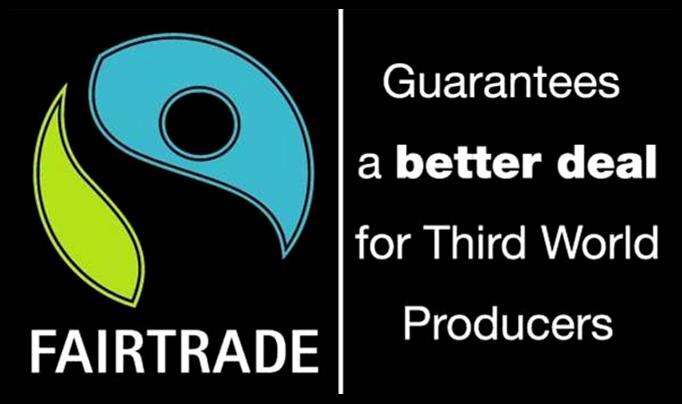The foundation attributed the overall drop in sales from €2.16bn (£1.7bn) to €2bn (£1.6bn) to the collapse in the price and market for cane sugar due to changes in EU market regulations, which saw volume sales of Fairtrade sugar plummeting by 36%.
As predicted by the certification organisation in a report last year, this was delivering “an effective triple whammy” of reducing cane farmer’s livelihoods, reduced impacts for Fairtrade farming communities and

much more cheaply available sugar at a time of national concern over obesity, the organisation said.
The sugar cane industry provides up to 40% of all exports from Guyana and 25% from Belize and Fiji, and researchers have raised concerns about the effect the EU sugar reform will have on the livelihoods of sugar cane growers and producers in developing countries, no longer able to compete with cheap European sugar.
CEO of the Fairtrade Foundation, Mike Gidney said: “Sales in many commodities remain strong for Fairtrade, yet the irony of the EU flooding the market in cheap sugar at a time of increased concern over obesity is surely lost on no-one, with the added risk of pushing 200,000 farmers in developing countries back into poverty.”
Still rising
Despite the bittersweet outlook for cane sugar, sales for other Fairtrade goods is on the rise. Wine saw the biggest growth with a 17% increase followed by a 12% rise in coffee and 6% increase for cocoa-based products.
Meanwhile British shoppers bought 88 million more Fairtrade bananas in 2015 compared to 2014, although sales of fresh and dried fruit and nuts fell.
“We believe the increase in volumes of coffee, tea and cocoa shows that despite a challenging grocery sector at the moment, consumers remain committed to buying Fairtrade products. This is because they know the farmers behind them are getting a fairer deal,” a spokesperson for the Fairtrade Foundation told FoodNavigator.
According to Gidney, this is good news for those businesses offering Fairtrade products.
Looking forward
Despite the mixed results, the organisation said it is cautiously optimistic for 2016 as the year started with announcements of Fairtrade commitments by leading food industry players. For instance, 2016 will see the first full year sales of Mars Bars that are now manufactured using Fairtrade cocoa, while British retailer, The Cooperative, committed to stocking Tate & Lyle’s Fairtrade sugar as well as its own private label sugar that is also ethically sourced. This means it will be the first retailer to make its entire sugar range Fairtrade.
The report coincides with Fairtrade Fortnight, during which the organisation will zoom into the ingredients that make up a typical breakfast - tea, coffee, sugar and cocoa - and the cost of not sourcing them under Fairtrade terms. In the world’s main tea producing regions, more than 30% of children are malnourished while 80% of cocoa farmers in Côte d’Ivoire live on less than 40p a day.
“Farmers are going hungry to provide our breakfast, because we are not paying the true social and environmental cost of our food. Our world is increasingly unequal and unfair, but we can use the pound in our pocket to help choose carefully what we buy,” said Gidney.
In 2014, the foundation widened its definition of Fairtrade with new rules allowing a company to bulk buy a single commodity as Fairtrade rather than being required to source all ingredients on Fairtrade terms. This means a company can buy 15% of its cocoa requirements for a brand as Fairtrade.
